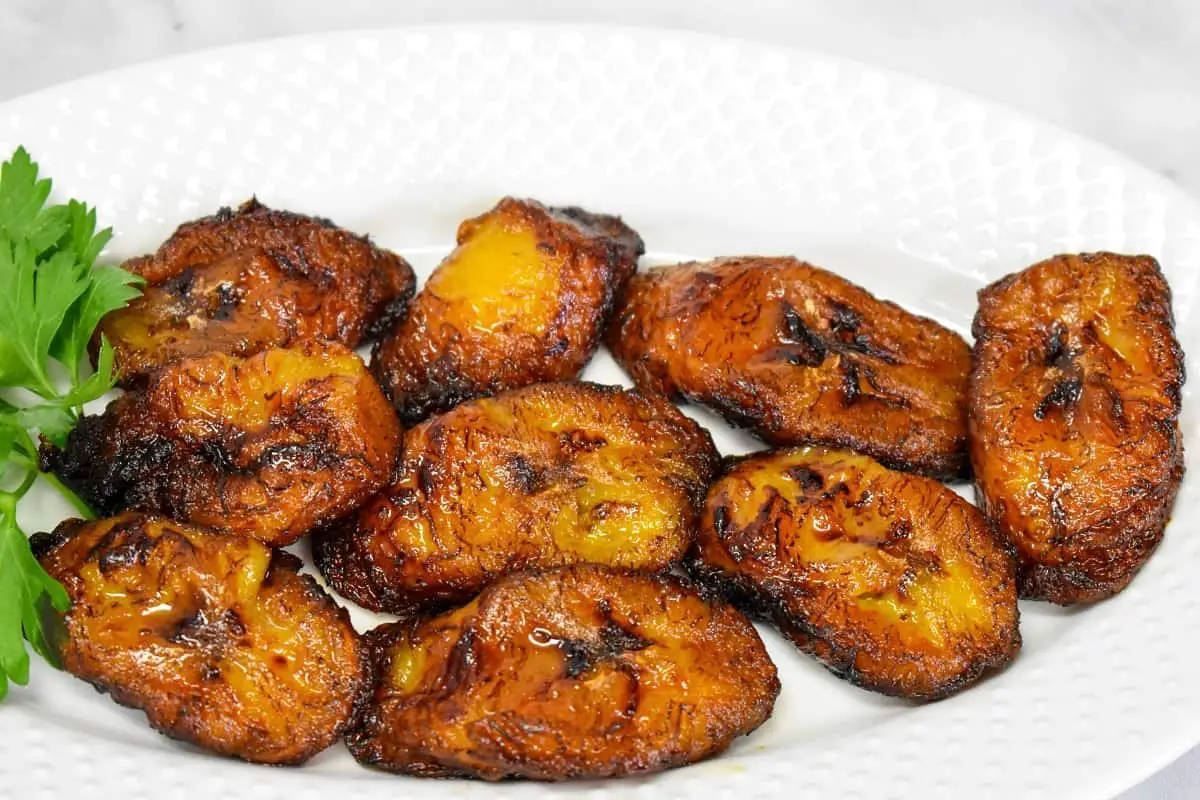
Plantains are generally safe to eat on an alkaline diet because they have less acid than other ” acidic foods.” Yes, plantains are said to be Alkaline.
The alkaline diet is a popular diet that encourages you to eat foods that raise the pH level of your urine and saliva. Proponents of this type of eating plan believe that eating more alkaline foods can help prevent cancer and osteoporosis, among other health benefits.
The theory behind an alkaline diet is that our bodies naturally produce acid as we digest food; this acid can cause tissue damage if it builds up in our bodies too quickly.
The solution, then, is to limit or avoid foods with acidic ingredients so that our bodies can rid themselves of excess acid through urination and defecation.
Plantains are a good source of potassium, fiber, and vitamin C and are also a good source of magnesium, manganese, copper, and iron.
Plantains are a good source of fiber and potassium. Plantains contain more fiber than bananas, giving them the ability to help with digestion and blood pressure while also improving heart health.
Plantains may help reduce inflammation
Plantains are rich in fiber and potassium, which can help combat inflammation. Plantains are also good for an alkaline diet because they’re high in magnesium.
Magnesium helps create anti-inflammatory compounds in the body, so plantain is a great food for anyone suffering from chronic pain or inflammation.
Adding plantain to your diet can help reduce swelling and redness on your skin due to its anti-inflammatory properties. Plantains also contain Vitamin C, which helps you fight colds and flu by boosting your immune system and reducing soreness due to bruising or injury.
Summary
Plantains contain more starch than regular bananas and have a higher glycemic index. The starch from plantains is broken down into simple sugars by the body more quickly than other starches.
This makes them a good choice for people who need to avoid sugar spikes.
Raw plantains are high in phytates, which bind with minerals such as calcium, iron, and zinc, making them harder to absorb.
Cooking removes most of these phytates so that you can absorb more nutrients from the plantain itself.